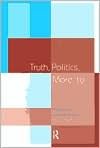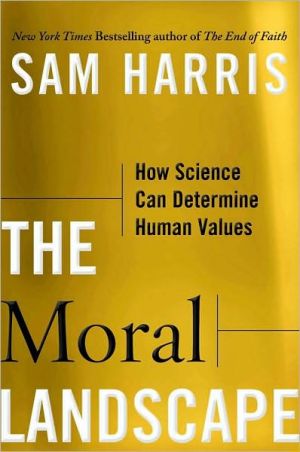Truth, Politics, Morality
Can we criticize those who hold beliefs which are likely to be wrong? Or must we abandon notions of truth and objectivity and claim that certain beliefs are best for us while incompatible beliefs are best for others? Truth, Politics, Morality addresses this crucial issue and its implications for democracy by arguing that the notion of truth ought to be returned to the center of moral and political philosophy. Cheryl Misak persuasively makes a case for a certain kind of pragmatism in which a...
Search in google:
Cheryl Misak argues that truth ought to be reinstated to a central position in moral and political philosophy. She argues that the correct account of truth is one found in a certain kind of pragmatism: a true belief is one upon which inquiry could not improve, a belief which would not be defeated by experience and argument. This account is not only an improvement on the views of central figures such as Rawls and Habermas, but it can also make sense of the idea that, despite conflict, pluralism, and the expression of difference, our moral and political beliefs aim at truth and can be subject to criticism.Anyone interested in a fresh discussion of political theory and philosophy will find this a fascinating read.
AcknowledgementsIntroduction11The problem of justification9Carl Schmitt and the aim of substantive homogeneity9Rorty and the abandonment of justification12Rawls: political, not metaphysical18Harmony and the virtues of deliberation29Habermas, Apel, and the transcendental argument352Truth, inquiry, and experience: a pragmatist epistemology48Peirce, truth, and the end of inquiry48Philosophy, practice, and correspondence51Pragmatism and disquotationalism57Pragmatism, superassertibility, and pluralism about truth64Bivalence67The role of truth in inquiry73Experience: taking it seriously78Holism and radical holism84Moral inquiry90Convergence and the end of inquiry953Moral deliberation102Truth-seekers and reason-givers102Neutrality: three senses108The principle of neutrality111Public/private117Modesty and the philosopher122Conflict, difference, and community127Pluralism, underdetermination, and defeated reasons136Schmitt, coercion, and when we have talked enough147Conclusion155Notes157Bibliography168Index180








